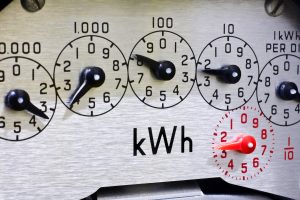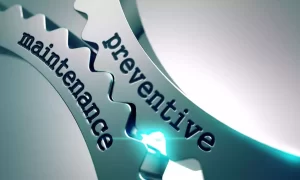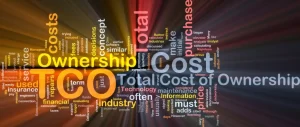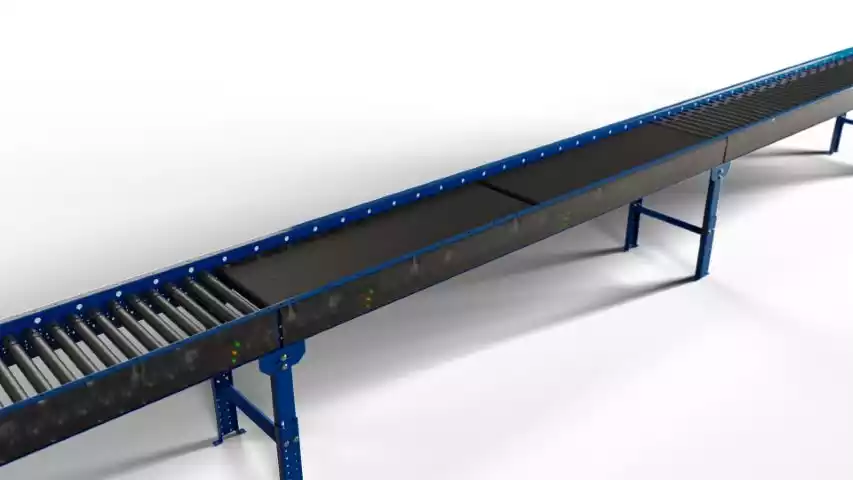How MDR conveyors reduce cost, save energy, and decrease Total Cost of Ownership
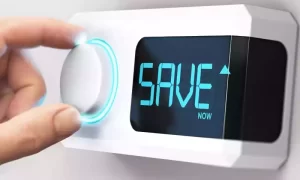
Motor Driven Roller conveyors, MDR, save energy and maximize a company’s Total Cost of Ownership, increase overall safety, throughput and efficiency.
Before we get into how, let’s cover exactly what an MDR conveyor is.
First, the drive is housed completely inside the roller of an MDR Conveyor. These motors are small, fit inside a 1.9” standard conveyor roller, and are powered with a 24VDC control card, similar to the PULSEROLLER ConveyLinx card used in Russell Conveyor systems. There are no external 480VAC drives to power belts with bulky chains and sprockets.
So why consider and choose MDR? A better question should be “Why Not MDR”?
Would you agree that MDR conveyors will save energy costs and maximize Total Cost of Ownership if I said you could have the following?
- Reduce workplace injuries by providing cleaner, safer equipment, (no heavy sprockets, no chains and no grease or oil lying around everywhere)
- Save on energy and reduce power consumption by 50-75% utilizing “Run on Demand” Technology
- Reduce noise by 75-80%
- Reduce maintenance costs
- Less spare parts costs and inventories
- Eliminate single-point-of-failure areas within your conveyor system
- Increase versatility
- Increase Reuse & Resale values
- Reduce Total Cost of Ownership
So how does MDR do all these things? First, let’s start with reducing workplace injuries.
Energy reduction is a key feature and benefit.... MDR conveyor systems will reduce your energy consumption, save the company money, and increase profits.

